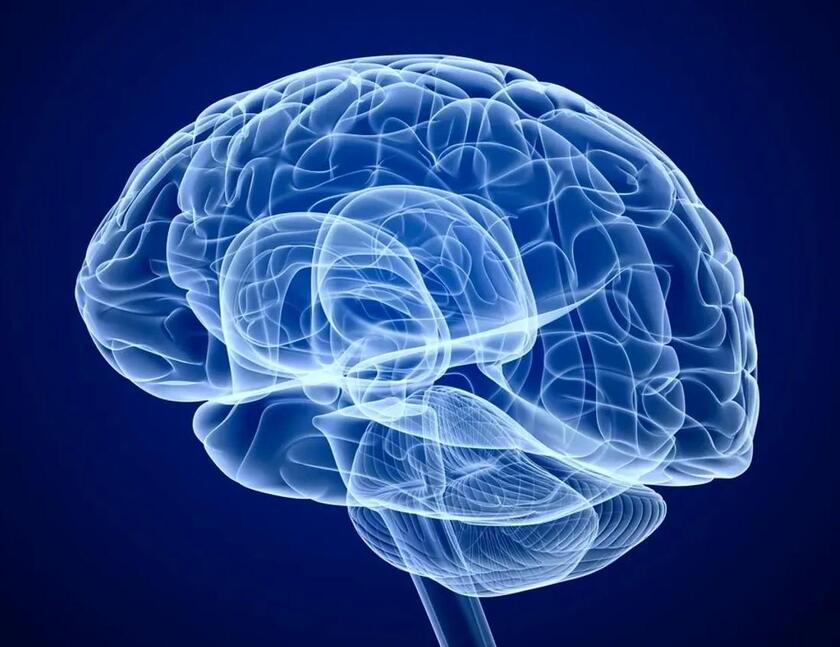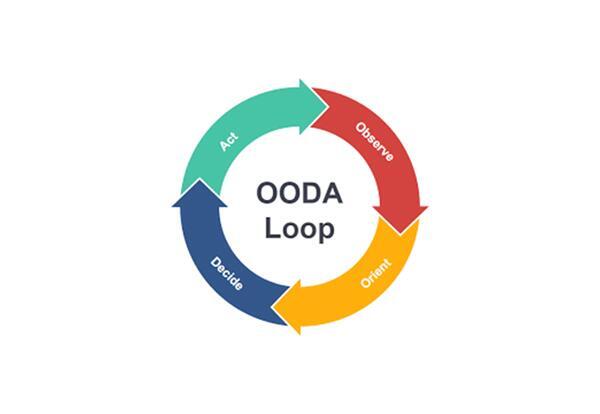With marijuana use surging among older adults, researchers are uncovering how it may influence age-related cognitive decline.
A new study, published by the National Library of Medicine and as a preprint in bioRxiv, reveals that cannabis and Δ9-tetrahydrocannabinol (Δ9THC) may enhance working memory in aged individuals without worsening other cognitive impairments.
The study concluded that “cannabis and Δ9THC can attenuate working memory impairments that emerge in aging” while not exacerbating hippocampus-related cognitive decline.
Researchers tested the effects of cannabis via acute smoke exposure and chronic oral Δ9THC in aged and young rats of both sexes. They found that cannabis smoke improved prefrontal cortex-dependent working memory in aged male rats but impaired it in aged females, while young adults of either sex remained unaffected.
Similarly, oral Δ9THC enhanced working memory in aged rats of both sexes without any significant effect on young adults. Importantly, neither method impacted hippocampus-dependent spatial learning and memory in any group.
These findings suggest cannabis could offer therapeutic benefits for aging populations, warranting further investigation into its potential to address age-related cognitive challenges.
Abstract
With increased legalization of recreational and medical cannabis, use of this drug is growing rapidly among older adults. As cannabis use can impair cognition in young adults, it is critically important to understand how consumption interacts with the cognitive profile of aged individuals, who are already at increased risk of decline.
The current study was designed to determine how cannabis influences multiple forms of cognition in young adult and aged rats of both sexes when delivered via two translationally-relevant routes of administration.
Acute exposure to cannabis smoke enhanced prefrontal cortex-dependent working memory accuracy in aged males, but impaired accuracy in aged females, while having no effects in young adults of either sex.
In contrast, the same cannabis smoke exposure regimen had minimal effects on a hippocampus-dependent trial-unique non-matching to location mnemonic task, irrespective of age or sex. In a second set of experiments, chronic oral consumption of Δ9-tetrahydrocannabinol (Δ9THC) enhanced working memory in aged rats of both sexes, while having no effects in young adults.
In contrast, the same oral Δ9THC regimen did not affect spatial learning and memory in either age group. Minimal age differences were observed in Δ9THC pharmacokinetics with either route of administration.
Together, these results show that cannabis and Δ9THC can attenuate working memory impairments that emerge in aging. While these enhancing effects do not extend to hippocampus-dependent cognition, cannabis does not appear to exacerbate age-associated impairments in this cognitive domain.
















